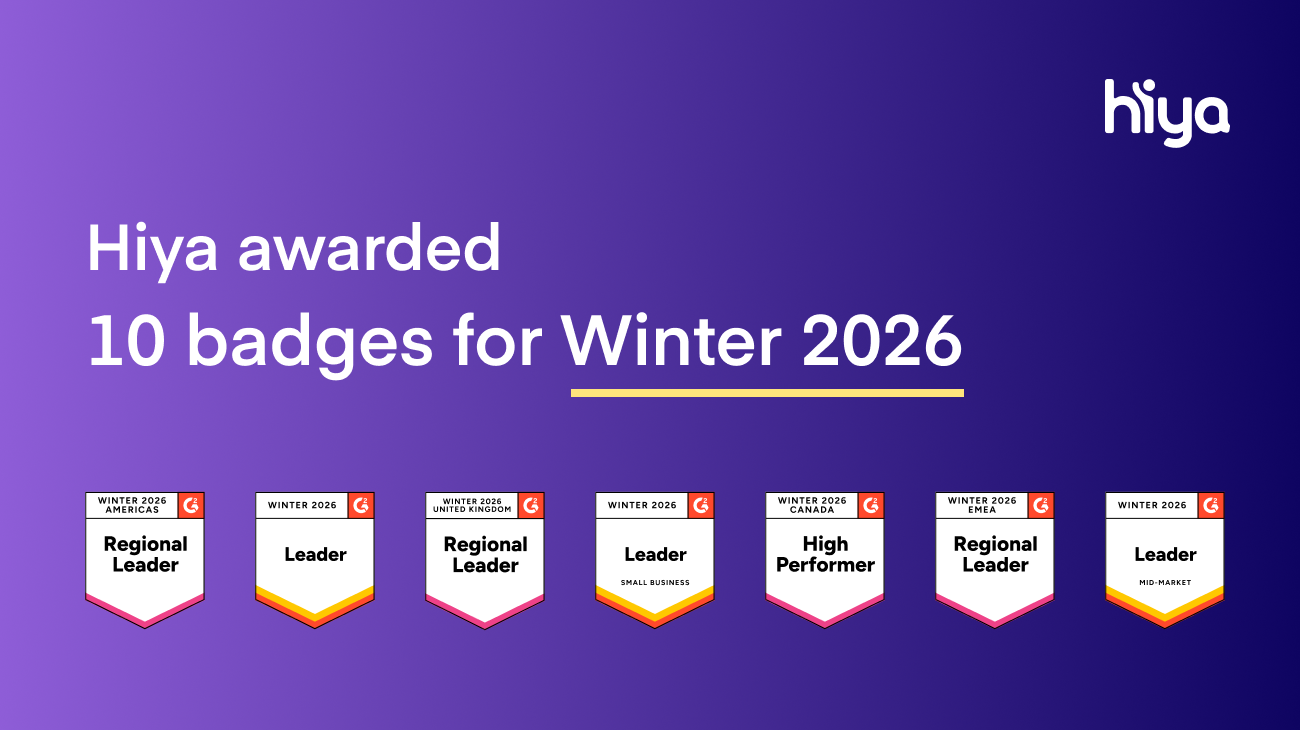
Hiya along with the FCC, is warning consumers not to fall victim to the latest phone scam, the Wangiri (also known as the one ring) scam, which is making a come back in the U.S. For years, the Wangiri scam, Japanese for “one ring and drop” has been preying on unknowing mobile victims, enticing them to call back international numbers for which they’re ultimately charged premium rates. First making an appearance in the U.S. in 2013, in the years to follow, it hit a lull with Americans as it expanded internationally to countries including Ireland, Scotland, and Germany. Since the beginning of the year, it’s made a recent comeback to the U.S., increasing 98% in the first quarter (as compared to Q4 2019), and more recently seen a massive spike in calls originating from West Africa’s Sierra Leone – a 2,527% increase in one day, from May 2nd to May 3rd.
Originating from the West African Atlantic Coast, seconds before a victim can pick up the call, the culprit hangs up, hoping the recipient of the call returns it out of curiosity. In some instances, scammers will leave a message urging the victim to call a number to either receive a so-called raffle prize, or find out about a sick relative. If the victim calls back, they are connected to an international hotline charging a connection fee, along with substantial per-minute fees. Unfortunately, the victim doesn’t realize they’ve been scammed, until they see the premium services on their monthly phone bill.
“Scammers are increasingly sophisticated in the methods they use to defraud consumers. They’re not only coming up with new scams, but also resurrecting those that worked in the past,” said Alex Algard, Hiya founder and CEO. “By letting the one ring scam die down for a few years while they targeted victims in other countries, these criminals hope that Americans forgot their tactics, which is why it’s so important to stay informed on common scams.”
Based on data Hiya analyzes from more than 13 billion calls globally per month, we have identified the top area codes being targeted by the one ring scam originating from Sierra Leone:
- Tulsa, Oklahoma (918)
- Southeastern Louisiana (985)
- Northeast Texas (903)
- Westchester County, New York (914)
- Fort Lauderdale, Florida (954)
- Memphis, Tennessee (901)
- Baton Rouge, Louisiana (225)
- Worcester, Massachusetts (508)
- Roanoke, Virginia (540)
- Dallas, Texas (972)

.jpg)

